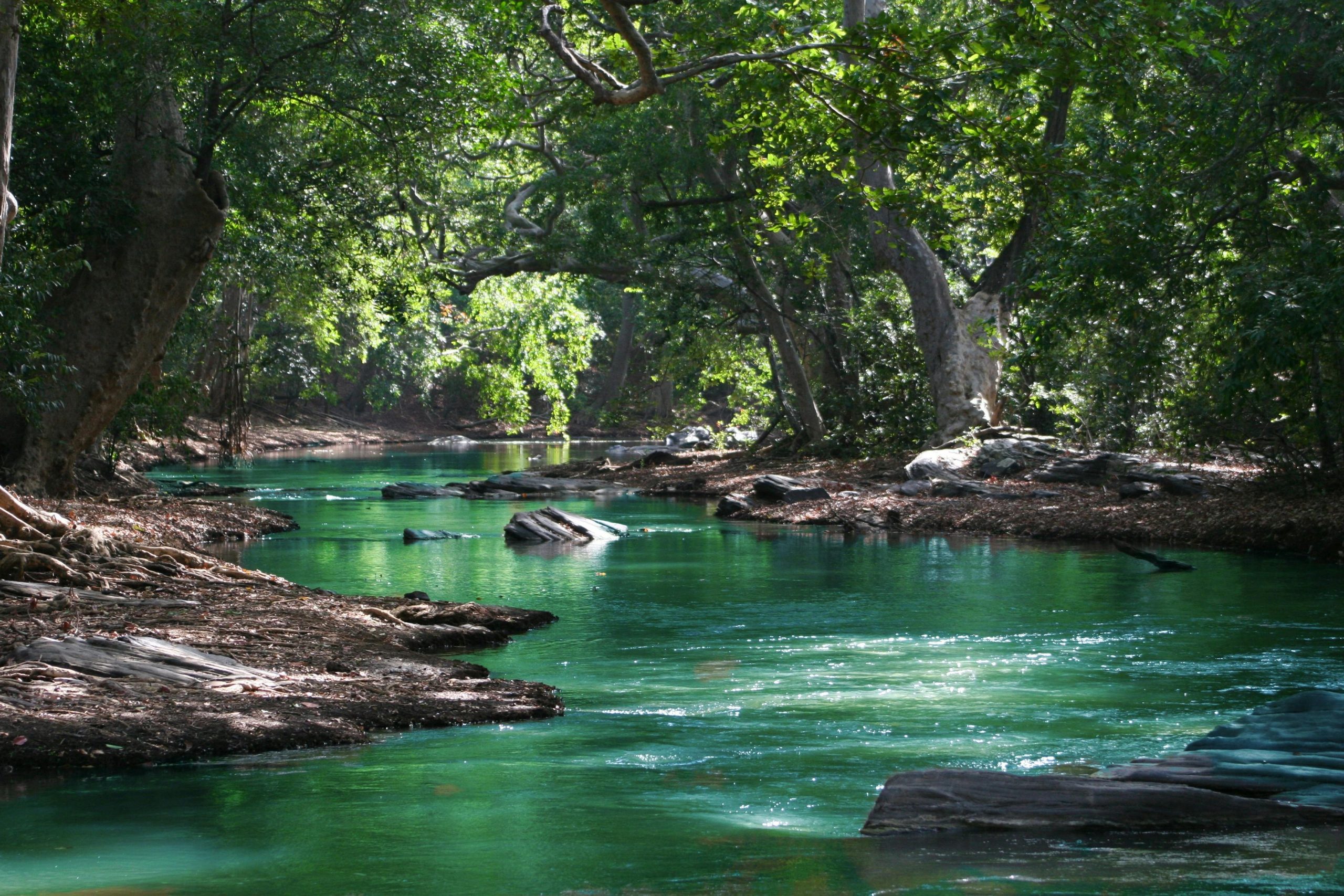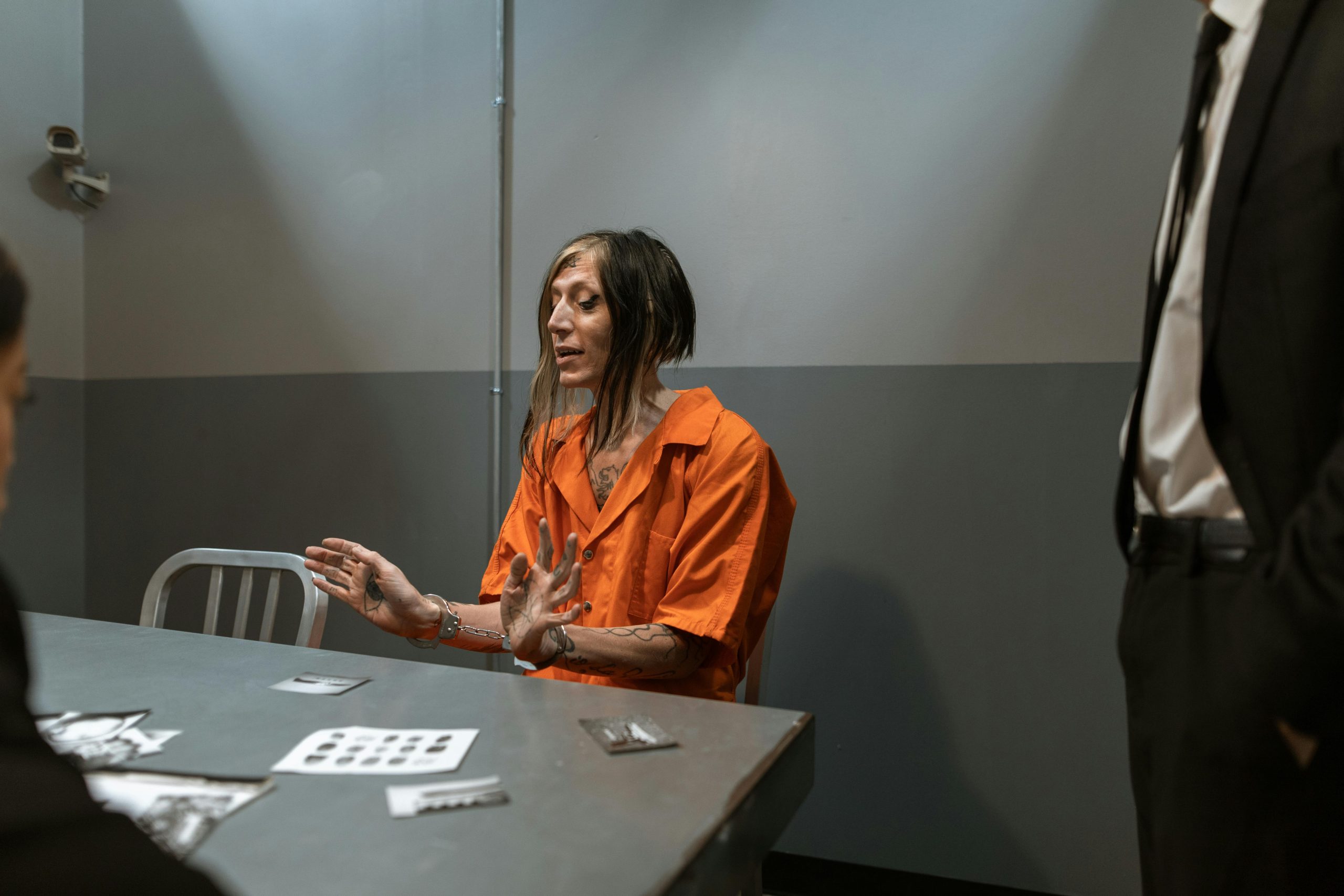The Illinois River, which flows through Oklahoma, has been a source of life and recreation for many people over the years. Known for its beauty and clarity, it attracts people for kayaking, fishing, and simply enjoying nature. But this river, along with nearby Lake Tenkiller, has faced serious pollution issues due to the excessive use of chicken litter from local poultry farms.
A lawsuit filed in 2005 by the state of Oklahoma against major poultry companies such as Tyson Foods, Cargill, and Simmons Foods is still ongoing, after nearly 20 years of legal battles. The state claims that chicken litter from farms in the region is polluting the river, causing significant harm to its water quality, and creating dangerous algae growth. The case could have long-lasting environmental effects, not only for the river but also for the industries involved.
What is Chicken Litter and How Does it Affect the River?
Chicken litter consists of poultry manure mixed with bedding materials like wood shavings and rice hulls. This litter is often used as a fertilizer for crops because it’s rich in nitrogen. However, when too much of this waste is spread over the land, excess phosphorus can leach into the soil and eventually find its way into water bodies like the Illinois River.
Phosphorus is a key contributor to algae growth, which can be harmful to aquatic life, including fish. This algae blooms can lower the river’s water quality and make it look cloudy and unappealing. In some areas, it has even caused unpleasant smells.
For years, people like Ed Fite, a river advocate and former administrator for the Oklahoma Scenic River Commission, have been raising alarms about the river’s declining health. Fite has seen firsthand how the river has changed over the decades. While he still enjoys kayaking and swimming in the river, he worries about its future.
A Long Legal Battle
The state of Oklahoma filed its lawsuit in 2005, accusing poultry companies of allowing their contractors to improperly manage chicken litter. The state claims that these companies knew their practices were contributing to pollution in the Illinois River, yet did little to stop it. In 2023, after years of trials and delays, a judge ruled that the poultry companies were indeed responsible for damaging the river’s water quality. This ruling was based on evidence that phosphorus from chicken litter was polluting the river.
However, the case is far from over. In late 2024, a federal court hearing took place to discuss what changes had been made since the trial. The poultry companies argue that things have improved over the years, with better waste management practices in place. They also point out that phosphorus levels have gone down since the 1990s, even though some areas of the river still show concerning levels of pollution.
The Ongoing Debate
The poultry companies argue that the rise in phosphorus levels might not be entirely due to chicken litter. They suggest other factors like wastewater treatment plants and runoff from heavy rains may be adding to the pollution. Meanwhile, Oklahoma officials and river experts like Fite remain concerned about the river’s deteriorating state. They argue that phosphorus levels have started rising again in recent years, despite some improvements.
One of the main concerns is the lack of clear data on how much the poultry industry is contributing to the pollution. While there are reports showing that the number of poultry farms has decreased over time, the size of these farms has increased, meaning they hold more birds and produce more waste. It’s unclear whether these changes have reduced the pollution levels in the river.
What Needs to Be Done?
The court case continues, and the state is asking for the poultry companies to take further action. They want the companies to reduce the amount of chicken litter being spread over the land and pay for cleanup efforts. However, finding a solution that works for both the environment and the poultry industry is not easy. Many people depend on the poultry industry for jobs, and poultry waste is a valuable resource for farmers who use it as fertilizer.
Oklahoma’s government has also recently made it more difficult for residents to sue poultry producers for environmental damage. The state passed laws to limit regulations on poultry farms, which critics say could make it harder to hold companies accountable.
Despite these challenges, the people who care about the river, like Ed Fite, continue to fight for its health. As he floats down the river, he can’t help but notice the algae covering the riverbed. It’s a sign that the river is still struggling. Fite remains hopeful that a solution will be found, but he knows it will take time and effort from all parties involved.
(Source : readfrontier.org)


 by
by 

